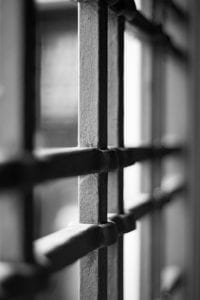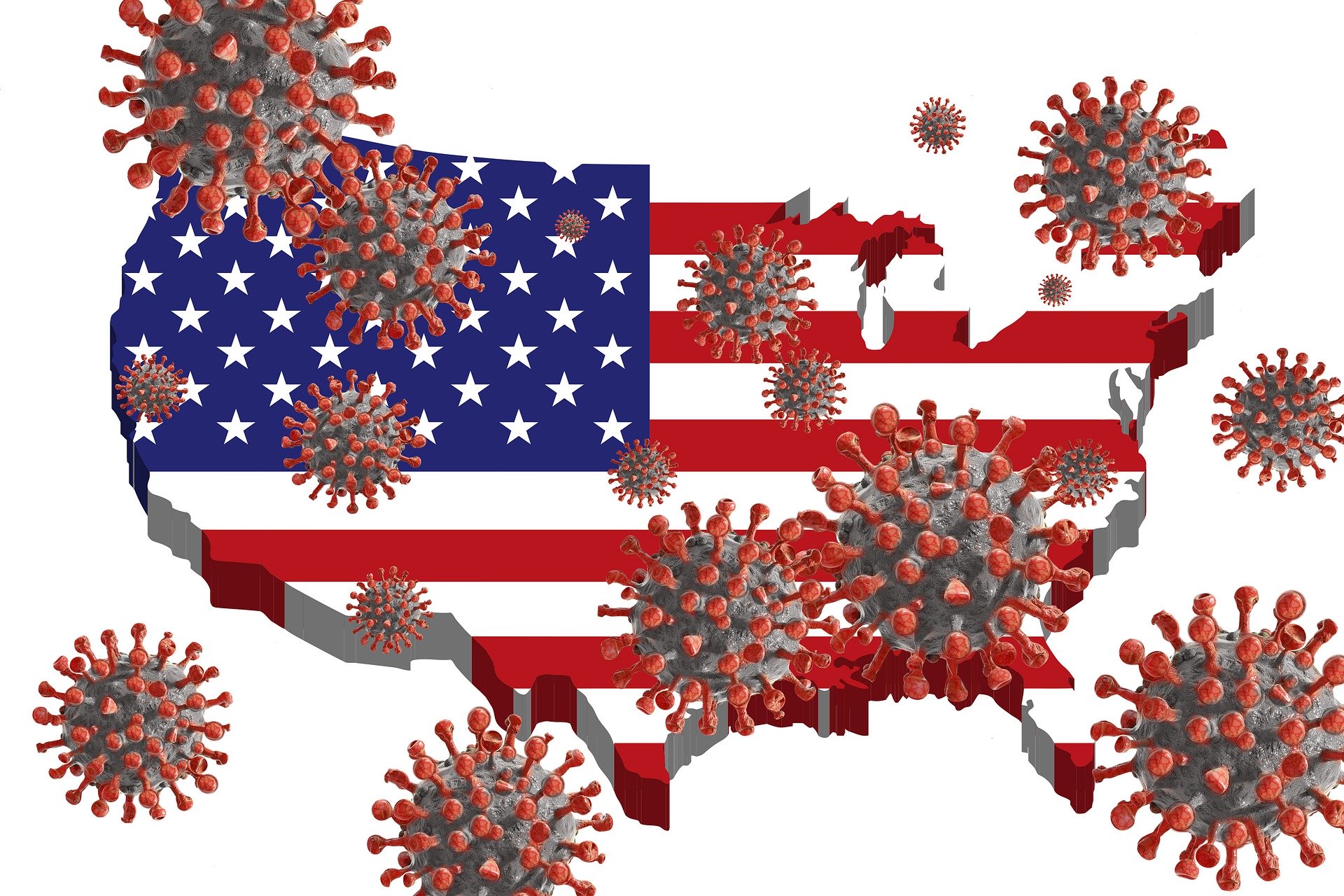Whether you’re a defendant, plaintiff, or witness to a crime, expect to make a remote court appearance, and don’t count on a speedy resolution.
There’s no question that the continued spread of COVID-19 has altered the course of daily life, and virtually everyone has been affected. Various global industries have been turned on their heads, forced to adapt to the threat of a deadly virus and the social distancing mandates that came in its wake.
For some Americans, the virus is even undermining human rights and the concept of justice itself. Various courts across the country, from the local to federal level, have suspended services such as jury trials in the wake of COVID-19. As of late 2020, criminal and civil jury trials were postponed statewide in Indiana, New Mexico, Delaware, New Jersey, and beyond.
In Colorado, the backlog of jury trials is expected to remain long into 2021. It’s indicative of a troubling nationwide trend wherein accused individuals are increasingly detained for an excessive period of time, waiting for the lockdowns to end. “This is not justice for anyone,” a Colorado District Attorney told 5280 Magazine in December.
The State of Incarceration Under COVID
Yet trial delays are just the beginning of the impact of COVID-19 on the criminal justice system. For instance, incarcerated individuals in jails and prisons across the U.S. are reporting unsafe conditions that reportedly allow for the continued spread of the virus, including crowded dorms and poor ventilation. This is especially problematic when one considers the number of detained individuals, still awaiting trial, who may not be guilty.

Research indicates that state and federal prisoners are infected with coronavirus at a rate that’s four times higher than that of the general population. The Guardian reports that more than 275,000 prisoners have contracted the coronavirus since March, which translates to about one in five inmates. And in Kansas, a full half of the state’s incarcerated population has contracted COVID-19.
Unfortunately, those infected inmates may not have many opportunities for recourse, especially as trial delays become increasingly prevalent.
Remote Courtrooms and the Right to a Speedy Trial
Across the U.S., citizens from all walks of life are afforded the right to a speedy trial, as outlined in the Speedy Trial Act of 1974. The Act was implemented as a safeguard for all parties involved in a case, and to ensure that defendant rights are not infringed upon in any way.
It’s important to note, however, that the definition of “speedy” can vary considerably between states, depending on individual state statutes or constitutional provisions. Further, the Speedy Trial Act doesn’t necessarily account for catastrophic events such as a pandemic.
Thus, as trial delays continue to perpetuate an increasing backlog of civil and criminal cases, the people’s right to a timely trial is likely to be compromised. And, since a violation of the Speedy Trial Act is cause for case dismissal with prejudice, we may see this error in process being increasingly used as a criminal defense strategy in our post-COVID world.
Human Rights as a Public Health Issue
Indeed, questioning the legality of an arrest or legal procedure is a common tactic used by criminal defense attorneys. And in the wake of the pandemic, the lines between legal procedures, public health, and human rights are becoming increasingly blurred. As such, various alternatives to incarceration, particularly for those awaiting trial, must be considered.
Many social justice advocates believe that, as a whole, the criminal justice system has never prioritized public health. Even before the pandemic, incarceration itself was widely touted as one of the most prevalent public health challenges facing the U.S.
Today, the situation is much direr, and the sad reality is that minority populations are disproportionately affected. Within state prisons, Blacks are incarcerated at more than five times the rate of Whites.
Interestingly, that number also matches the COVID hospitalization rate disparity between Whites and People of Color. But this is far from a modern problem: racial and ethnic minority populations have long been left behind during public health emergencies. While the issue of healthcare inequality is complex and nuanced, the Keck School of Medicine at USC places the onus primarily on structural racism and similar oppressive systems, including that of criminal justice.
But could the continued impact of COVID-19 catalyze systemic change? Data indicates that overarching changes may already be in motion, as demonstrated by fluctuations in the national crime rate under COVID-19 lockdowns.
The prevalence of violent crimes seems to be decreasing, but small-scale crimes such as domestic violence are likely being underreported across the nation. What’s more, fewer people are being taken into custody, partially due to a decrease in criminal opportunity, but they’re waiting much longer to face trial.
The U.S. Criminal Justice System: Looking to the Future
The unfortunate reality is that, if you’re dealing with any sort of legal proceeding in the near future, COVID-19 is likely to affect your case. Whether you’re a defendant, plaintiff, or witness to a crime, expect to make a remote court appearance, and don’t count on a speedy resolution.


Join the conversation!